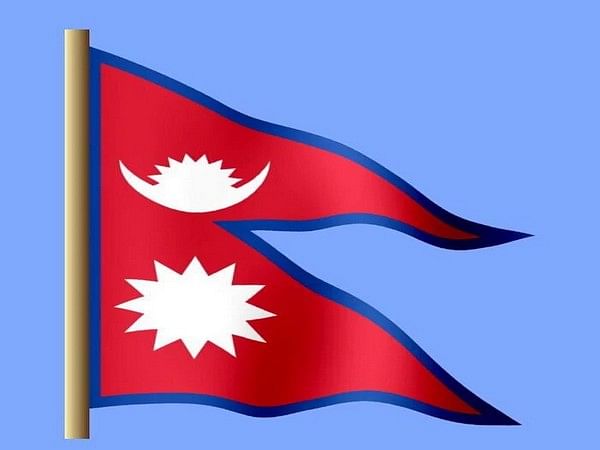Kathmandu [Nepal], July 22 (ANI): Nepal’s House of Representatives on Friday passed the Nepal Citizenship Act, 2063 (First Amendment), Bill, 2079, enabling thousands of people waiting for citizenship to acquire the certificate.
The marathon house meeting which ran for about 8 hours, discussed various provisions regarding granting status to foreign females married to Nepali males and children born in Nepal or from a Nepali mother.
“Foundation of the lately presented Citizenship bill is to include all. Both the mother and father are Nepali but their sons and daughters are not able to receive citizenship, focusing on this population which runs in thousands this act has been brought up. In lack of citizenship, they are not able to get a passport, driving license and carry out those activities which mandate it (citizenship) because we have made it more mandatory, or else loosen those stringent measures as it is required for daily activities as well,” Home Minister Bal Krishna Khand stated while defending the act before it was presented for voting.
The motion was later endorsed by the house with a majority.
Before the constitution was drafted in 2015, the government would also issue citizenship by birth along with citizenship by descent and naturalized citizenship. This meant any child born within a country’s borders or territory was automatically granted citizenship in the country if the person did not have other citizenship.
The proposed amendment to the citizenship law aims to give citizenship by descent to those born to parents with citizenship born to citizens by birth. This proposal seems to have been accepted by all major political parties.
Along with the constitution states that government can hand out citizenship to anyone with their mother’s name. But, since the government has not made corresponding changes to the citizenship law, this constitutional provision has not been implemented yet.
The proposed amendment which takes the form of law and comes into effect, those who have not been able to get their citizenship through their mother will also be given citizenship by descent if he/she is living in Nepal. This even goes for people who do not know who their fathers are. For this, the mother has to self-declare that the father does not exist. But, if the declaration is false, the government will take action as per law.
The new bill also has provisions for Non-resident Nepali (NRNs) around the world. A different type of citizenship would be given to them which will give them economic, social and cultural rights. But, these people would not have any political rights, meaning these people cannot vote, contest an election and get appointed to public posts.
The latest development in the Himalayan nation comes after a long void as a bill to amend the Nepal Citizenship Act, 2006, had been pending in parliament since August 2018.
It was discussed time and again, yet the State Affairs and Good Governance Committee of the House of Representatives was not able to build a consensus on it. Despite the discussions, even major political parties have been at odds over the provision to grant citizenship to foreign women married to Nepali men.
Citing this, the government, as recently as July 5, withdrew the bill to amend the citizenship law. This brought a lot of criticism, but the government was so determined that it made the House pass the bill through a fast-track method at the House of Representatives. (ANI)
This report is auto-generated from ANI news service. ThePrint holds no responsibility for its content.



